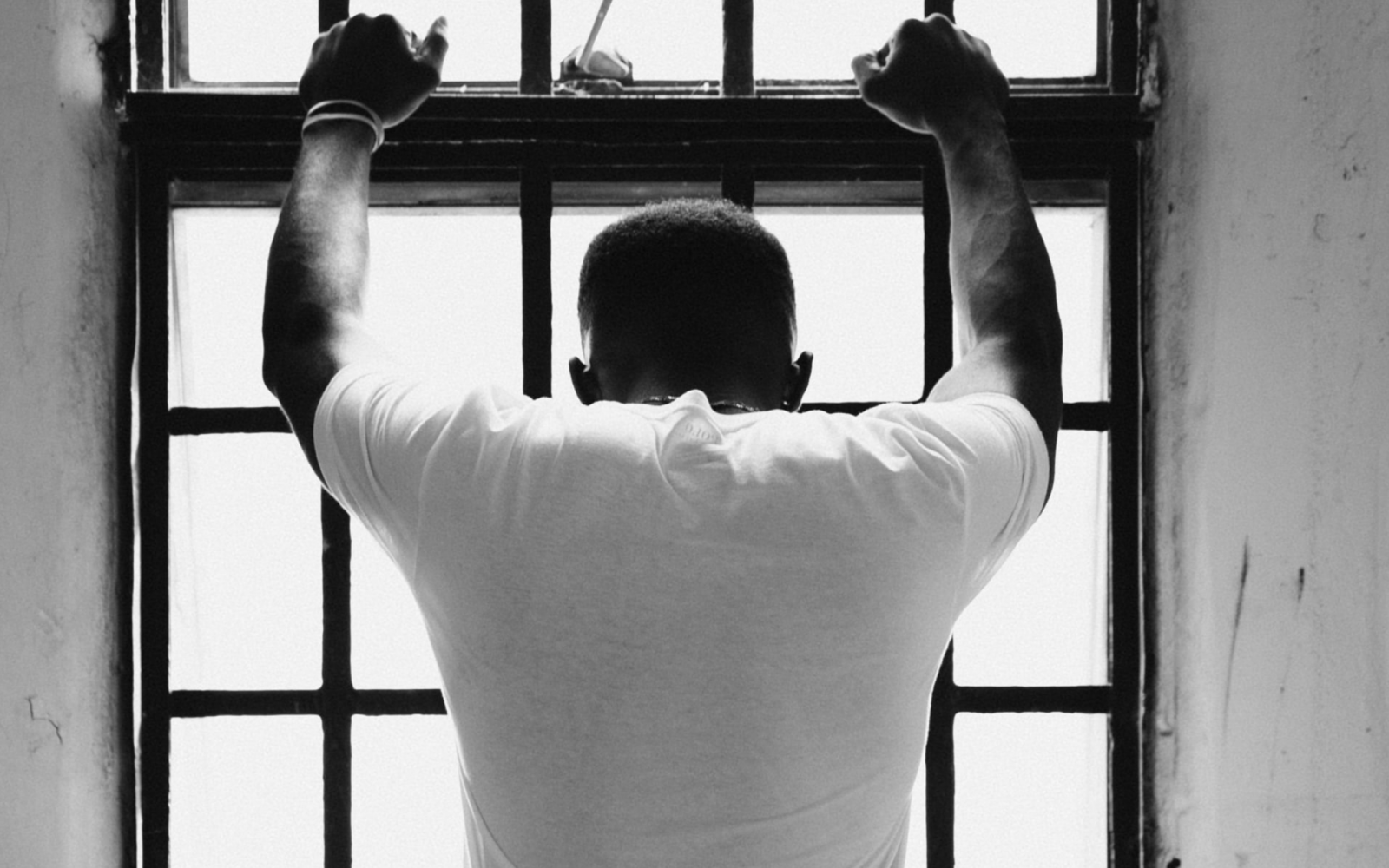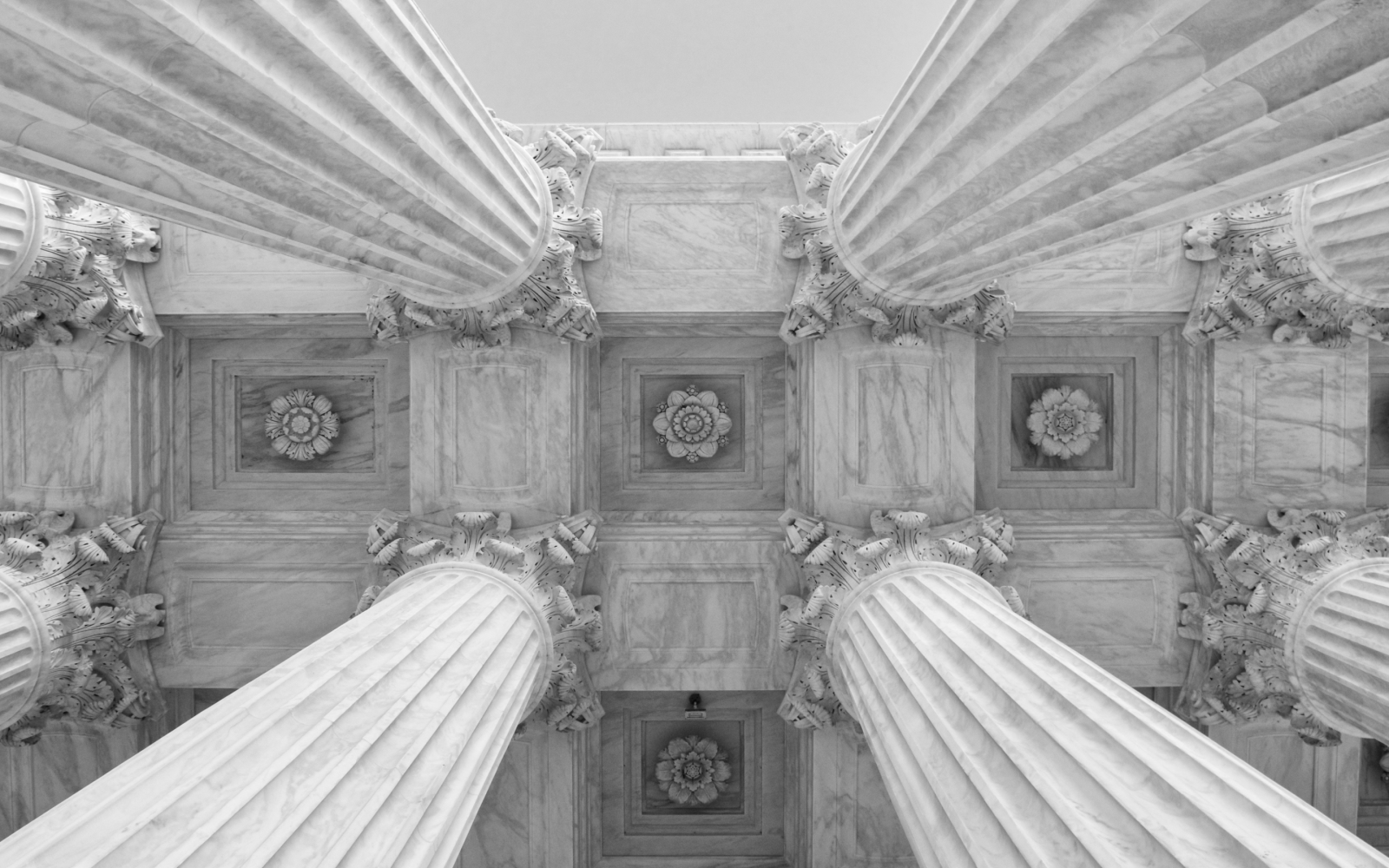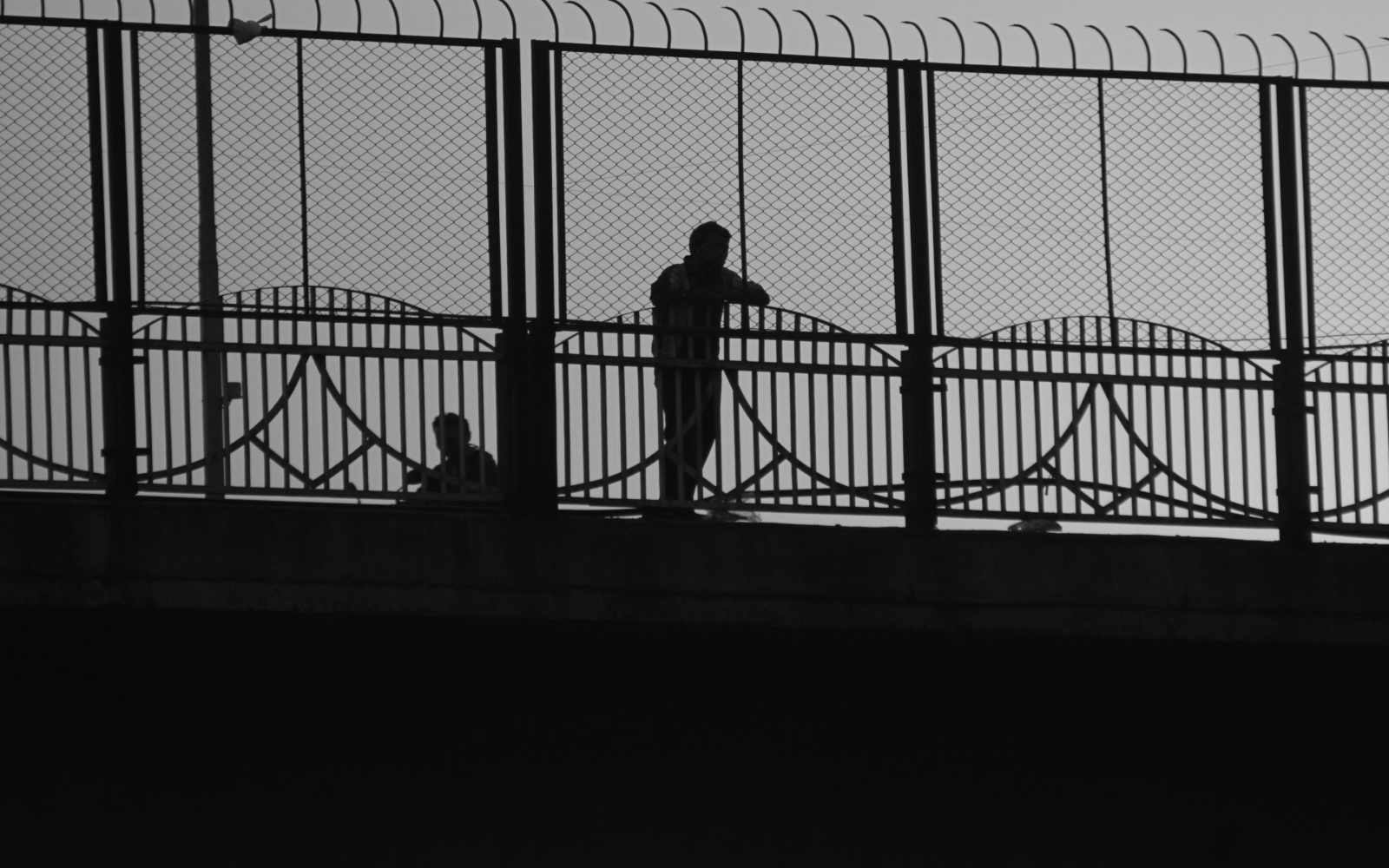
An Enormous, Racist Carceral System
“Mass incarceration” refers to the reality that the United States criminalizes and incarcerates more of its own people than any other country in the history of the world and inflicts that enormous harm primarily on the most vulnerable among us: poor people of color. In 2018, more than 10.7 million people entered U.S. jails and prisons—the equivalent of locking up every single person in Portugal, Greece, or Sweden. On any given day, nearly 2 million people are behind bars in this country and 4.5 million people are on probation or parole, under the “supervision” of the state. The majority of the people we criminalize and incarcerate are Black and Latino, even though these two groups constitute less than one third of the national population.

A Network of Social Forces, Institutions, and Actors
Mass incarceration is a network of policing, prosecution, incarceration, surveillance, debt, and social control that is rooted in, builds upon, and reproduces economic and racial inequality and oppression. Some refer to this network as the carceral state, the penal state, or the criminal legal system.
In addition to those roots, the phrase reflects the web of institutional actors who have helped create and sustain the status quo, and the social forces that drive them to do so. This includes local police officials, mayors, and prosecutors. It includes judges, legislators, and prison officials. It includes national policymakers and politicians. And it includes private corporate actors who profit off of punishment and reporters and media outlets that foster it.

A Broad Set of Harms Inflicted Far Beyond Prison Walls
Finally, mass incarceration describes a constant surge of shockwaves inflicting harm and trauma on people and communities across our country.
Through policing, surveillance, debt and other forms of punishment, mass incarceration extends far beyond prison walls. Once a person has been entangled in the system, its harms are indefinite: discrimination in employment and housing, economic and educational deprivation, disenfranchisement as voters and jurors, trauma from an inherently violent carceral system, families separated and community bonds broken. And so much more.
The harm does not stop at individuals. Whole communities are impacted. Street by street, city by city, mass incarceration is a scourge on our country and it must end.
Thinking in mass terms …. invites a more radical or totalizing critique of the current system and its institutions….[and] a deeper reckoning with questions of political economy to address the levers of power and the distribution of resources in society.
Ben levin
the consensus myth in criminal justice reform
